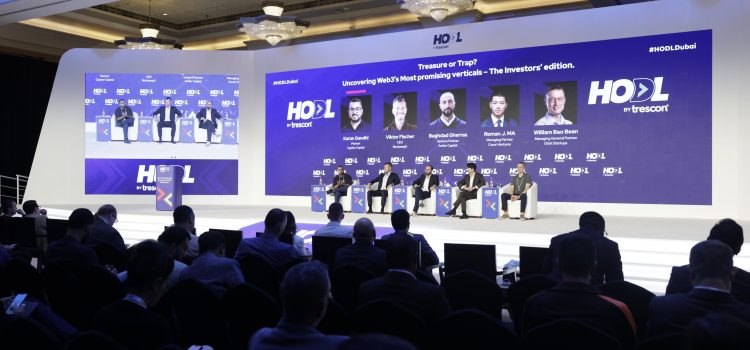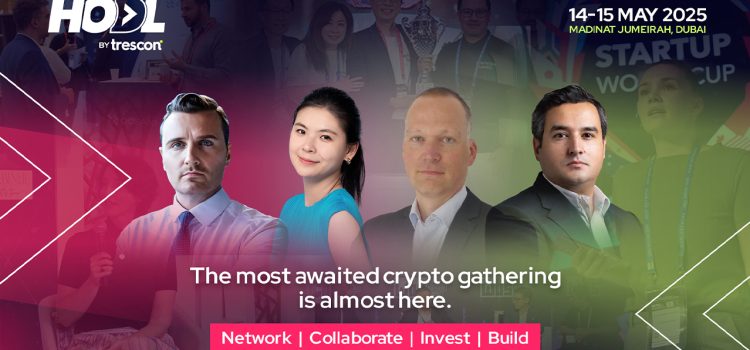
After two consecutive successful sales of tokenized properties in Dubai, the Dubai Land Department and PRYPCO Mint the tokenization platform behind these sales, have sold $1.3 million worth of tokenized property deeds after tallying the two tokenized property sales in past two weeks alone. This is just the beginning, as Dubai Land Department invites interested individuals to register early and set up their accounts to take advantage of upcoming offerings before they sell out.
Dubai Land Department is seeking to unlock investment opportunities in one of the world’s most dynamic and innovative real estate destinations. In its first tokenized real estate project, DAMAC Maison Prive, valued at $653,000, it attracted 224 investors from over 40 nationalities, with an average investment amount of AED 10,714 ( $2900), and more than 6000 investors who were wait listed.
The latest and second property was sold in less than two minutes and attracted 149 investors from 35 nationalities. The one bedroom apartment in Kensington Waters, also worth $653,000, it was sold out in less than 2 minutes. Shares were offered at $544 with a wait list of 10,700 investors.
According to Amira Sajwani, the founder and CEO of PRYPCO “With our second property, we’re continuing to break down traditional barriers and offer high-quality opportunities to a broader, more diverse audience. At PRYPCO, our mission is to democratize property ownership, and this is just the beginning.”
In May 2025, Dubai Land Department launched the region’s first tokenized real estate investment project through the ‘Prypco Mint’ platform. The initiative was implemented in partnership with Prypco, the Virtual Assets Regulatory Authority (VARA), the Central Bank of the United Arab Emirates, and the Dubai Future Foundation (DFF) through the Real Estate Sandbox.
As for blockchain technology Ctrl Alt is offering the blockchain platform using XRP Ledger, while Zand digital bank is offering banking services.
In future listings, international investors will soon be allowed to participate, but for now only UAE residents and ID holders can.
DLD emphasized in their announcement that tokenized assets will represent up to 7% of Dubai’s real estate market by 2033 equivalent to $16 billion and that Prypco Mint will be at the cornerstone of this transformation.
Saudi Arabia is also starting to pilot real estate tokenization projects.

















